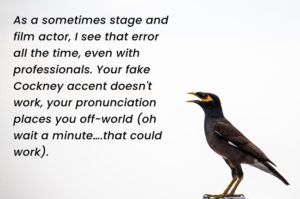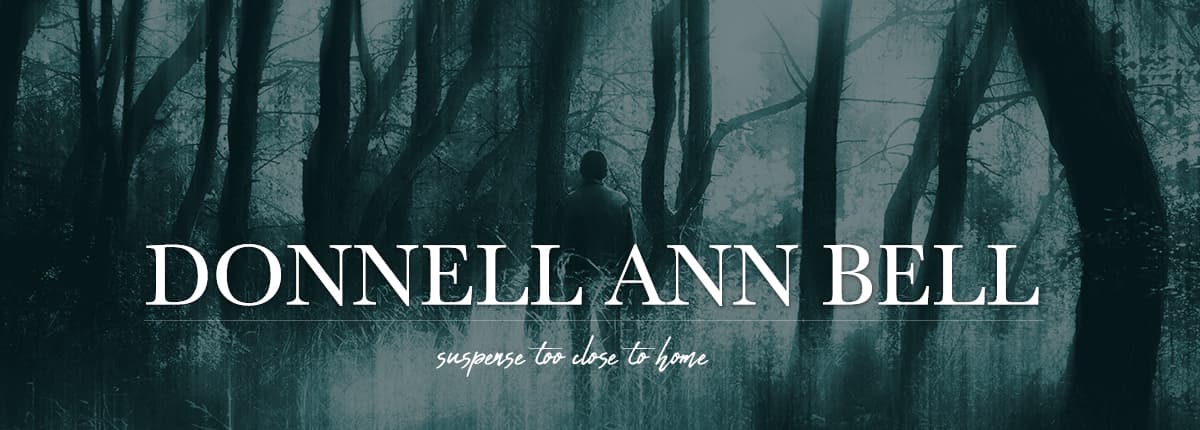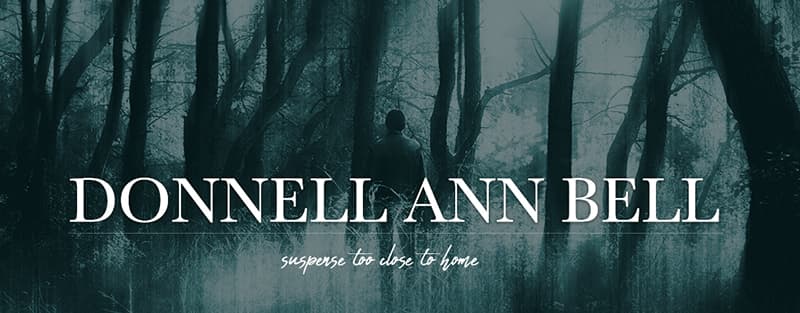
Michael Chandos joins us today on Help From my Friends Friday. Michael is the writing pseudonym for a friend of mine who in another world is a private investigator. I’ve discovered, as have many others, he knows his stuff. Please welcome Michael Chandos ~ Donnell
By Michael Chandos

Author Michael Chandos aka Steve Pease
Your characters talk, to others, to themselves. Do they sound real, genuine, truthful? Does their speech reveal character? Origin? Mood and emotion? Contradiction?
How do you do it? First, be sure you KNOW your characters, their world, their time, occupation, education, motivation, objective. Stand by YOUR world-building rules, no matter how fantastic they might be. (Data in Star Trek TNG never used contractions because he wasn’t programmed to use them) Decide, or at least have it solidly in your mind, what the character wants from this speech, what do they hope to gain, what do they risk and may lose, what’s at stake in this situation (if they don’t find The Clue, do they lose love forever?), what are the consequences of every decision they make and every action they take?

Accents, strange and sometimes unpronounceable alien words and names, “crazy” speech do not make realistic, character-defining speech. As a sometimes stage and film actor, I see that error all the time, even with professionals. Your fake Cockney accent doesn’t work, your pronunciation places you off-world (oh wait a minute….that could work).
You should study people all the time. When I was sitting for hours in the Chicago airport, I mentally redefined the hustle and bustle in the terminal. My delay became waiting for a spaceship to another star and all those odd humans became aliens. How do they move, what little detail defines them, how do they relate to the H&B, what do they wear, how do they talk?
My high-born African roommate in the college dorm wore suits all the time and spoke English like a text book. We helped him to “assimilate.” We were a decadent influence, I guess. Little details matter. Don’t feel forced to invent or use genre idiosyncrasies. Develop true-to-character details and speech. Then, test.
and spoke English like a text book. We helped him to “assimilate.” We were a decadent influence, I guess. Little details matter. Don’t feel forced to invent or use genre idiosyncrasies. Develop true-to-character details and speech. Then, test.
Speech is out loud. Test your lines that way. Omit the ums and ahs of “real” speech, but listen to the construction of the sentence. Some people talk fast in your story-world, so their speech should read fast. Shorter words, probably. I use a few alternate spellings (nuthin’ vs nothing), but only a little. Let the words do the work without tricks.
In fact, I read my entire story out loud–on final edits especially. If that sentence is hard to say, it’s probably hard to read. Did you use a word that has different meanings in the same or nearby sentences? (I set the case on the table in case Perry needed it for the case.)
Out loud, and listen to yourself. Don’t be afraid to make changes–or simplify.
Editor’s Note: Michael’s alter ego also blogged about private investigations. See here. https://donnellannbell.com/private-investigators-fiction-vs-reality/
About the Author: Michael Chandos is the writing pseudonym of Colorado Private Investigator Steve Pease. Michael is a member of Mystery Writers of America, the Private Eye Writers of America and the Short Mystery Fiction Society, and he is published in both fiction and nonfiction. He is a Macavity-nominated author, and he has a story in an Anthony-nominated anthology. www.GlassKeyInv.com











Good morning! I have read my work outloud; however, with text to speech feature, I use it. I can focus on the words and wow, things pop out.
I read my books outloud for pre-editing issues. It also helps for determining if dialogue tags are needed for conversion to audiobook.
Thanks for the good ideas, Steve. Reading my words out loud is a useful aspect of self editing. I do it all the time and it helps the ear hear how different characters speak, as well as hear my garbled words fighting to make sense on the page.
I use text to speech and it catches a lot, but it’s flat. I need to read more oot loud.
Any relation to the late Howard Pease? I gobbled up his books as a kid. Remember those mysteries more vividly than all the Nancy Drew or Hardy Boy books.
Hi ZJ If a sentence doesn’t sound smooth when I read it out loud, it won’t read smoothly for the treasured reader either. Sometimes my paragraphing gets a little random – no one wants Steve’s gestalt wanderings – if it doesn’t sound ok, it probably isn’t ok. My errors these days are smaller but sneakier and more subtle. If it doesn’t sound right, I flag it and force myself to work out something clearer.
Howie Pease!!??!! well, no…..
Michael (important to address you in your alter when you’re writing about craft.) Thank you for being my guest today. When I started this writing gig, I had an author of more than 30 novels tell me I have a good ear. What this meant I learned was that characters’ dialogue was natural. I always have fun reading your work because you’re such a world traveler; you know dialects. Congrats on your Macavity and Anthony nominations!
The read-aloud is the essential final step in revision, for all the reasons others have said. A bonus: I usually cut 2K in an 80K ms at this stage simply because I’ve discovered and deleted accidental repetitions, a character explaining the obvious, or a wandering sentence.
Leslie et al, interesting how what (at least me) perceive as brilliance stand out as awkward when read aloud. That’s a lot of cutting. Great benefit for tightening. Hadn’t considered that.